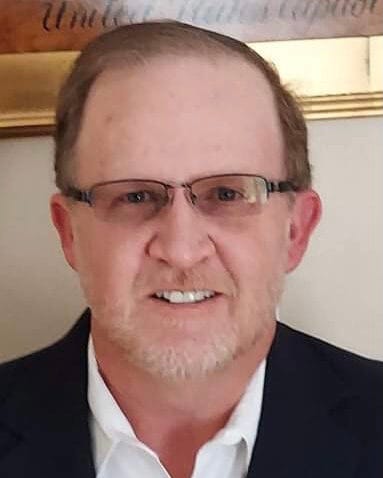“Term limits would cure both senility and seniority… both terrible legislative diseases.” — Harry Truman
You don’t hear much talk about term limits nowadays, and that’s just how most politicians like it. But many voters are interested in the topic, and so I’ll do my best to explain our efforts to enact term limits in South Dakota.
First, we don’t have term limits in South Dakota. Not really. Though South Dakota voted for “term limits” in 1992, the language included the word “consecutive,” and politicians were quick to take advantage of the loophole. As it stands, legislators, governors and other state elected officials can serve indefinitely (without limit) as long as there is a break in service. Since that break in service is undefined, a politician may simply retire, resign or in the case of legislators, switch chambers and serve as long as they please. Likewise, our constitution includes a provision “limiting” the service of members of Congress, but it can’t be enforced anyway because of a U.S. Supreme Court opinion (Thornton, 1995).
Second, term limits won’t come from the Legislature. Though voters support term limits by large margins, legislatures (including Congress) simply don’t pass term limits upon themselves. In South Dakota, our Legislature has rejected term limits on several occasions, and most recently, my own proposal to remove the word “consecutive” met a quick death in committee (8-1). This legislative resistance explains why the only states with some form of term limits (16) just so happen to be states that also allow for the citizen-initiated ballot measure. With that in mind, our statewide team wrote an initiated constitutional amendment for term limits, but the most common feedback we received was “not another ballot measure,” and so we decided to focus on advocacy and prepare for the next election. With seven questions already on the ballot, ranging from the trivial (Amendment F) to the horrific (Amendment G), voters may have also grown weary of initiatives, especially when they come from out-of-state interests. The initiative process is the double-edged sword of democracy.
Third, and lastly, every election presents an opportunity to limit the terms of elected officials. Though the playing field isn’t level, the choice remains with the voter, and those voters should know some politicians are hard-working and principled while others are lazy and disingenuous, same as in any other profession. It’s up to the voter to know the difference, but you may want to consider if an indefinite time in political office is in the best interest of your family, your state and nation.
Someday, our great state will have real and lasting term limits. Until then, we’ll just have to put our hope in the next election. As always, it’s your choice.
Brent Hoffman is a military veteran, a published author, occasional newspaper columnist and currently serves as a state senator for South Dakota Legislative District 9, which includes Sioux Falls, Hartford and Wall Lake.


















Every position in the government should have some kind of term limit or mandatory retirement age.
As long as the old men in the legislature are able to flip back and forth in the legislative body we will not be bringing young people with new ideas into the discussions.